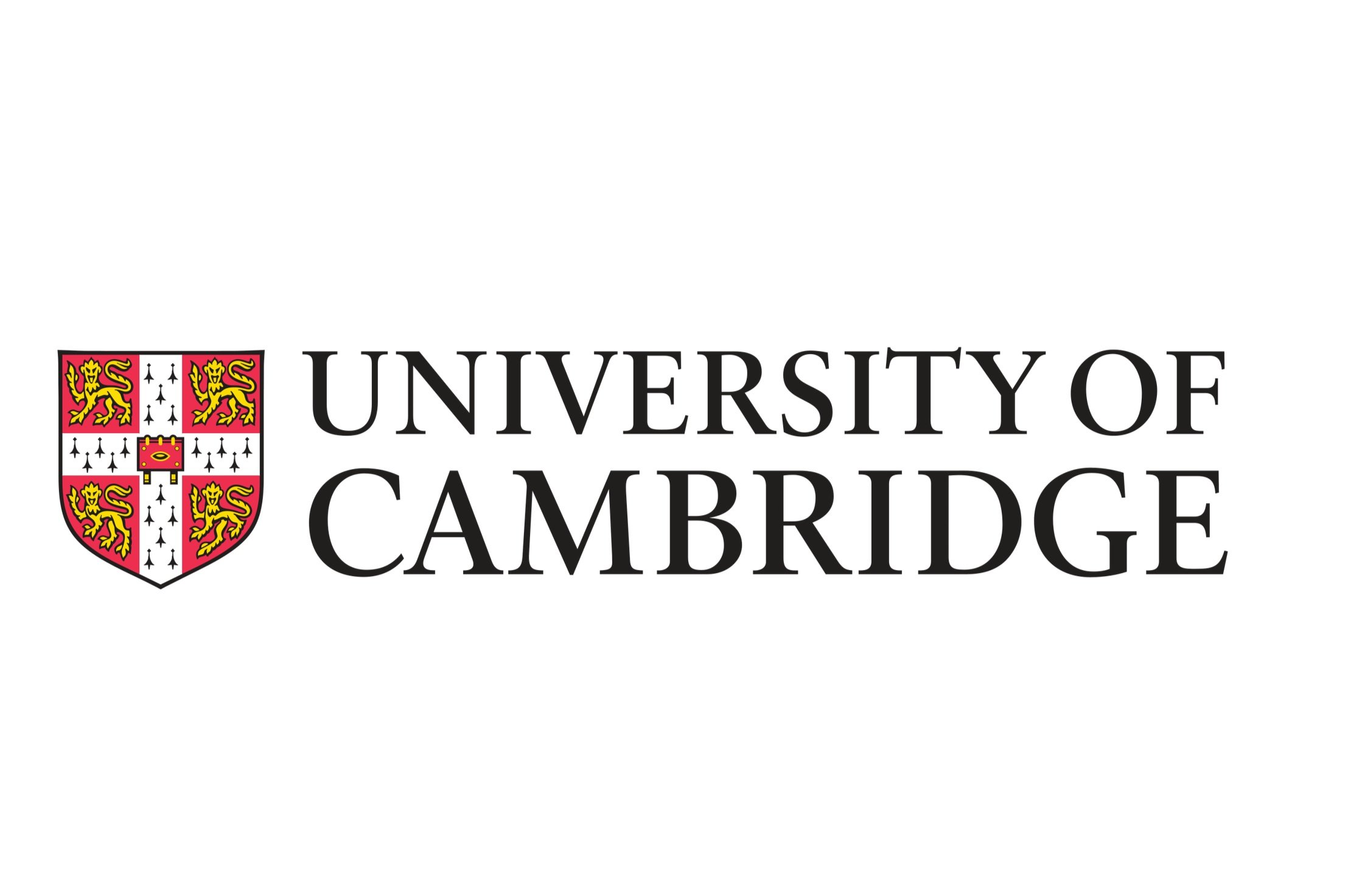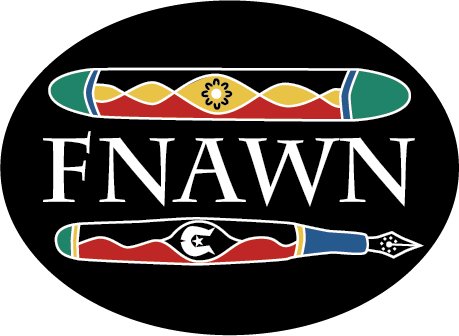Cambridge Australia Scholarships First Nations Writer-in-Residence
The program
Cambridge Australia First Nations Writer-in-Residence is a fellowship program that offers a unique opportunity for an Aboriginal and/or Torres Strait Islander writer/storyteller working in any form (poetry, fiction, non-fiction, playwriting, criticism, and any other literary form) to spend a period of time at the University of Cambridge. The writer will be embedded in the heart of Cambridge and have special access to the city’s creative and intellectual life. They will be given a chance to immerse themselves in their craft, take part in the life of Cambridge and the University, and access an incredible international hub of research and creativity.
The fellowship will be available for the duration of the University of Cambridge’s Michaelmas term (Tuesday 7 October 2025 to Friday 5 December 2025). Accommodated at Trinity Hall, one of the constituent Colleges of Cambridge in a , the writer will be affiliated with the English Faculty at the University of Cambridge as a Visiting Fellow. With access to the collegiate and department life of the university, the writer will be afforded the space to cultivate and pursue their own writing project as they have set out and defined it.
Access and support will be provided from other forums on campus, such as the Indigenous Studies Discussion Group (ISDG), where Chairperson to First Nations Australia Writers Network (FNAWN) Yvette Holt held multiple enriching discussions over her invited visit to the University in November, 2022.
Selection will be made by an expert panel of judges and have dedicated, Cambridge-based administrative and organisational support from a research staff member in the English Faculty.
The chief expectation of the fellowship is that the writer will produce original writing on a project that they have specified. There is also the expectation that the writer will take part in the creative life of the English Faculty. While the precise form this takes is open to the writer to propose, it is anticipated that this will entail a writing workshop open to interested students.
On completion of the Cambridge Australia Scholarships First Nations Writer in Residence the awarded Writer will complete a written report.
Any form of writing/storytelling (poetry, fiction, non-fiction, playwriting, criticism, and any other literary form) will be considered.
The selection panel will consider both potential for excellence and demonstrated excellence.
If you have any questions regarding the Cambridge Australia Scholarships Writer-in-Residence please email the Executive Officer at executive.officer@cambridgeaustralia.org.au
-
Applications open 1st April 2025
Applications close 11.59pm 25th May 2025
Selection panel meets Late May 2025
Residence commences 7th October 2025
Residence closes 5th December 2025 (official close date can be negotiated)
-
The candidate should:
Identify as being Aboriginal and/or Torres Strait Islander.*
*Candidates must be able to demonstrate that they are of Indigenous Australian heritage by providing evidence of such heritage to the satisfaction of FNAWN.
The candidate must be over the age of 18 at the time of application.
The program is open to both established and emerging First Nations Australian writers.
Members of the First Nations Australia Writers’ Network (FNAWN) are warmly encouraged to apply, although FNAWN membership is not a pre-condition to application or award.
-
The Cambridge Australia Scholarships First Nations Australian Writing Fellow will be offered for one term (Michaelmas) at the University of Cambridge. Commencing in the Michaelmas Term 2023, the residency will run from Tuesday 7 October to Friday 5 December 2025.
Successful applicants will receive one economy class return flight, accommodation at Trinity Hall, travel insurance, and one term of general living and maintenance costs as specified by the current maintenance rate set by the Cambridge Trust.
The Fellow will be provided with college accommodation at Trinity Hall.
The fellow will have access to single occupancy studio apartment. The apartment will include a fully equipped kitchen, private bathroom, a bedroom space. This apartment is inclusive of all utilities, including unlimited use of the shared access College laundry services.
Accommodation suitable for family occupancy is unfortunately not available, although the University of Cambridge accommodation service may be able to help find family accommodation on the private market. The Fellow will be liable for the difference in cost between a single studio and the chosen accommodation
The Faculty of English will welcome the Fellow into an affiliate role equivalent to a Visiting Fellow and provide access to Faculty facilities, University libraries, IT support, a University ID and email account, and invitations to Faculty events and lectures. The Fellow will be able to book rooms (including the Judith E. Wilson Drama Studio), for such activities as creative writing workshops. The Fellow will have the opportunity to teach students in creative writing and will receive support for public-facing events.
The writer must provide their own laptop, phone, and writing materials.
-
Candidates must email their application to executive.officer@cambridgeaustralia.org.au
Applications must be made before the published application deadline (11.59pm 24th June 2024). No candidate who applies after this date will be considered for the First Nations Writer-in-Residence, except in exceptional circumstances and at the discretion of Cambridge Australia Scholarships.
Applications must provide the following specified documentation to meet the eligibility criteria:
send an application letter (of 1 to 2 pages or up to 1000-words), that addresses the criteria and motivation for applying. This letter should also cover a proposal for how the writer will take part in university life (chiefly, what sort of workshop the candidate will offer) and how the environment of the university will enrich the proposed writing project.
In addition to this letter of application, they should provide:
a CV with a list of the candidate’s work and publications to date, along with any awards (no more than 1 page)
an outline of a writing project that the candidate plans to work on during the period of the residency
a writing sample (up to 10 pages)
a letter of reference from one individual from the First Nations writing community from within Australia
-
The Selection panel will meet between June and July to assess candidates on the basis of
Merit (25%)
The originality, persuasiveness, and quality of the proposed writing project, and the strength, craft, flair, and creativity of the writing sample.
Feasibility (25%)
The likelihood that the candidate could realistically make progress on their proposal within the timeframe of the residency, and the viability of their proposed workshop.
Career development (25%)
A demonstrated potential for the fellowship to help the candidate grow as a writer, build their career, and achieve new career development goals.
Suitability (25%)
Evidence of the candidate’s availability for the fellowship, in light of their other commitments.
In addition, candidates must be able to demonstrate that they are of Indigenous Australian heritage by providing evidence of such heritage to the satisfaction of FNAWN.
The selection panel will be made up of representatives from Cambridge Australia Scholarships, University of Cambridge English Faculty and FNAWN.




